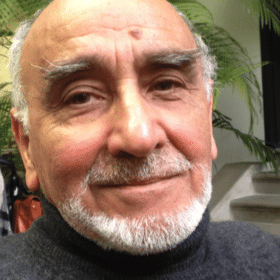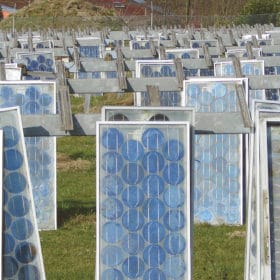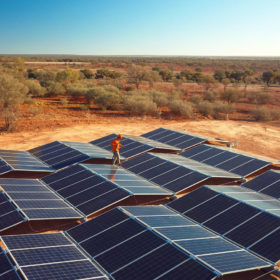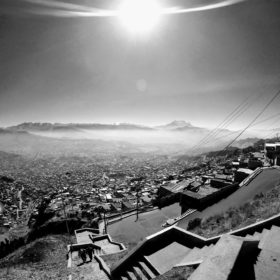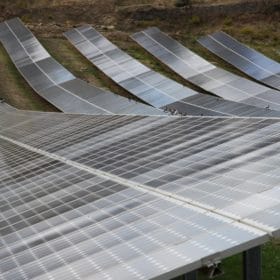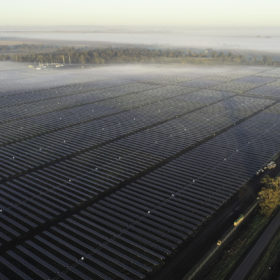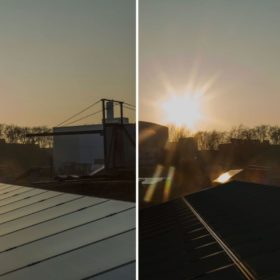Commercial HJT solar cells could hit 26% efficiency by 2030
Arvind Shah, a professor at École polytechnique fédérale de Lausanne, and Meyer Burger former Chief Innovation Officer Sylvère Leu recently spoke to pv magazine about the future of heterojunction PV modules. They said the tech is mature and can now compete on cost with PERC panels in projects – particularly in hot, humid environments.
Sweden hits 1 GW milestone
The Scandinavian country saw the installation of more than 400 MW of PV systems last year. The Swedish solar market keeps being driven by rooftop PV.
Managing solar PV waste in India
A new report compares the regulatory frameworks of the European Union and India to manage end-of-life solar panels. It also assesses and analyzes the PV waste market and processing capacities in India, while sharing recommendations for Indian stakeholders.
Australia may host GW-scale PV module factory
Australia’s Sun Cable is planning a factory that could produce PV modules for the world’s biggest solar+storage project – the Australia-ASEAN Power Link.
Germany added 350 MW of PV systems in February
The country saw the addition of PV systems totaling 880,8 MW in the first two months of the year. Its cumulative installed PV power grew to 54.3 GW.
Bolivia introduces net metering for rooftop PV
The new provisions came into force on March 24. Net metering tariffs will have to be established by the energy regulator.
Solar still largely underestimated
Two recent studies have separately shown that many scenarios assessing global decarbonization pathways are still predicting too-low future PV capacity and too-high LCOEs for the solar technology. The researchers analyzed scenarios provided by scientific researchers, government bodies and non-governmental organizations, including the United Nations’ Intergovernmental Panel on Climate Change (IPCC), the U.S. Energy Information Administration (EIA), the European Commission, the Indian government, the International Energy Agency (IEA), and the International Renewable Energy Agency (IRENA), among others.
Italy installed 625 MW of PV in 2020
The Italian PV market saw a year-on-year decrease in new PV installations last year. Residential PV systems up to 20 kW in size still accounted for the largest share, at around 250.4 MW of capacity.
Chinese PV Industry Brief: More module and glass capacity
Risen Energy is planning to add 6 GW of module capacity to its factory in Jiangsu province and Flat Glass wants to add six production lines to its facility in Zhejiang. Meanwhile, JA Solar says it shipped 15.88 GW of solar products last year.
German start-up develops anti-reflective film claimed to improve PV module performance by 10%
German start-up Phytonics has developed the film by taking inspiration from nanostructures in plants. In solar cells, the film enables a broader absorption spectrum and a higher angle of light-incidence tolerance.
